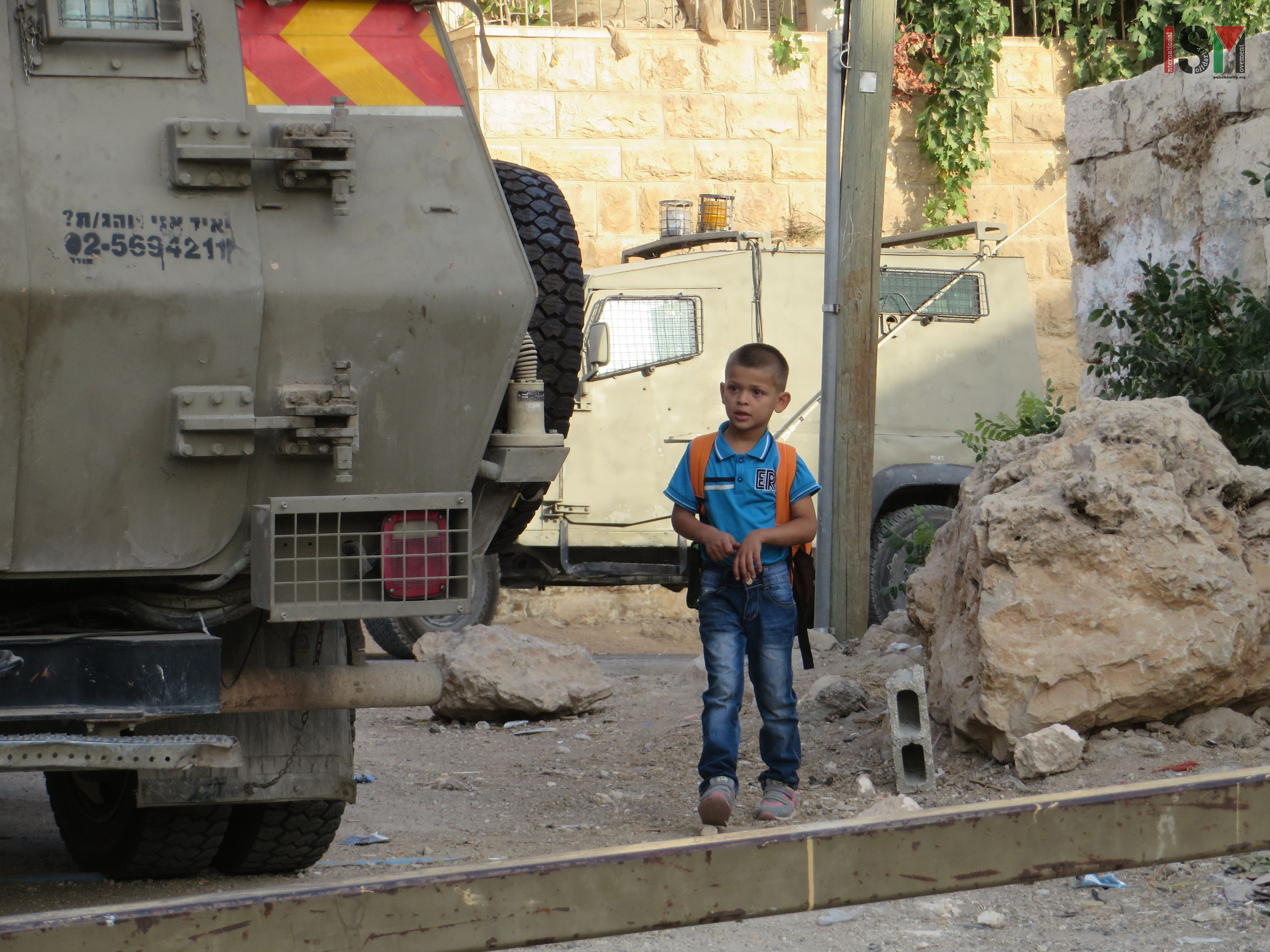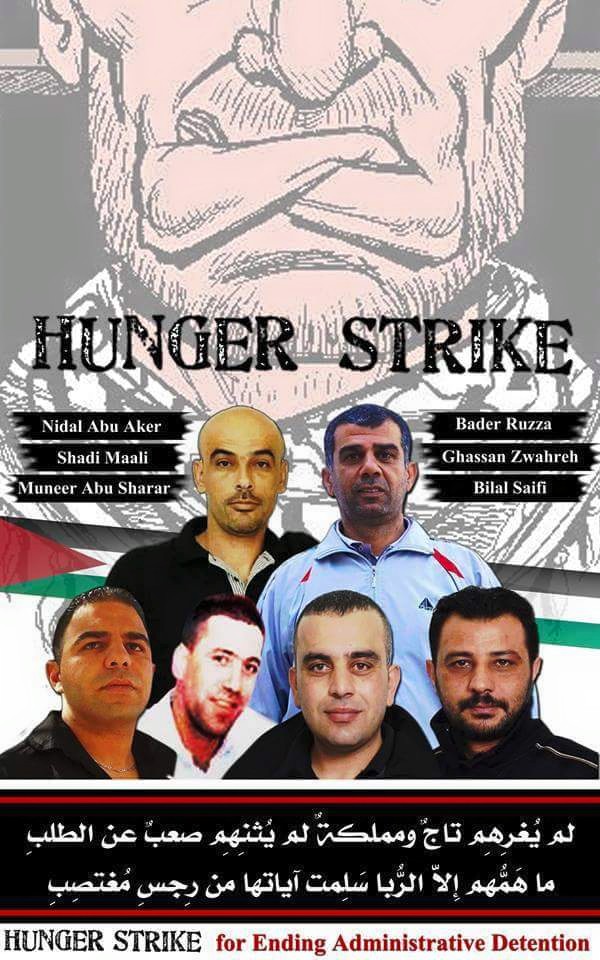-
10-year old boy arrested and blindfolded in Hebron
18th September 2015 | International Solidarity Movement, Al-Khalil Team | Hebron, Occupied Palestine Tonight in occupied al-Khalil (Hebron), Israeli forces arrested a 10-year old Palestinian boy twice. Both times he was taken to the military base. Marwan Sharabati was playing outside his house, riding a bicycle in the street, in the vicinity of a military […]
-
Additional restrictions for Palestinians during Jewish holidays
16th September 2015 | International Solidarity Movement, Al-Khalil Team | Hebron, Occupied Palestine On Monday and Tuesday was the Jewish holiday of Rosh Ha’Shannah, the Jewish New Year. In al-Khalil (Hebron), Israeli forces have taken this occassion to make the already tough every-day life of Palestinians in this segregated and oppressed city even more […]
-
ACTION ALERT! Battle of breaking the chains: 25 days of hunger strike for Palestinian prisoners
15th September | Palestinian Prisoner Solidarity Network | Occupied Palestine Palestinian prisoners in Israeli administrative detention are continuing their hunger strike to demand an end to imprisonment without charge or trial. Nidal Abu Aker, Ghassan Zawahreh, Shadi Ma’ali, Munir Abu Sharar,Badr al-Ruzza, Bilal Daoud Saifi and Suleiman Eskafi are all isolated by the Israeli prison […]
Action Alert An Nabi Saleh Apartheid Wall Arrests BDS Bethlehem Bil'in Cast Lead Demonstration Denial of Entry Ethnic Cleansing Farmers Gaza Global Actions Hebron House Demolition International law Israeli Army Jerusalem Live Ammunition Nablus Ni'lin Prisoner Ramallah Rubber-coated steel bullets Settlement Settlers Settler violence Tear-Gas Canister Video



